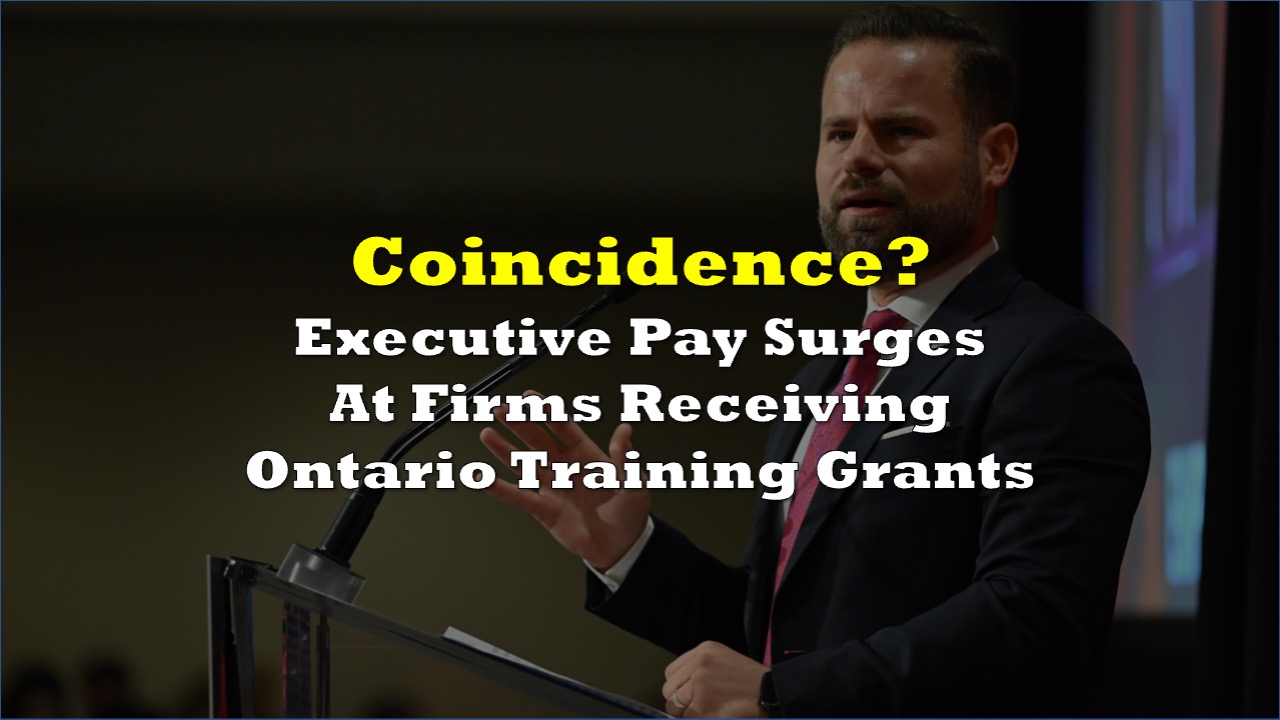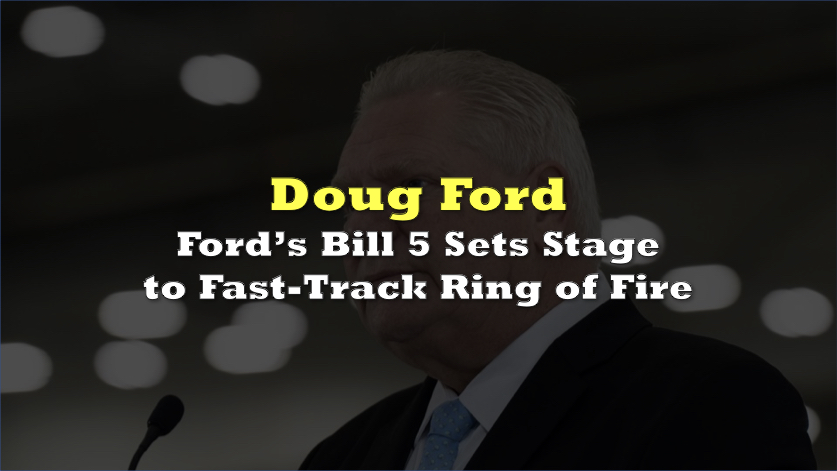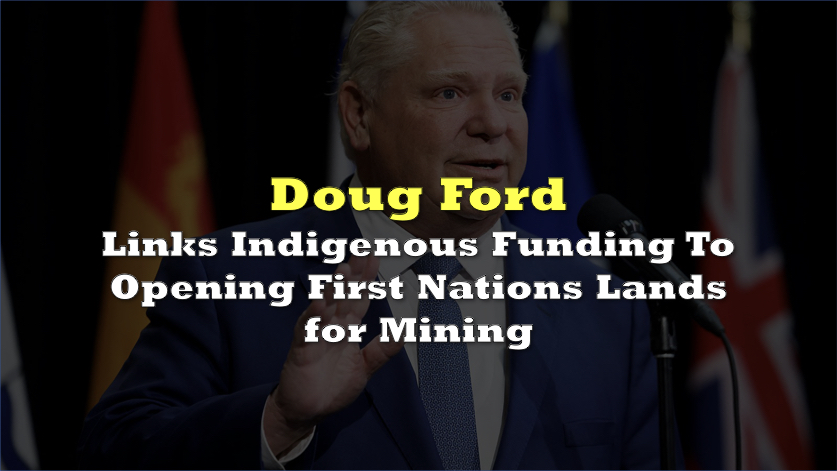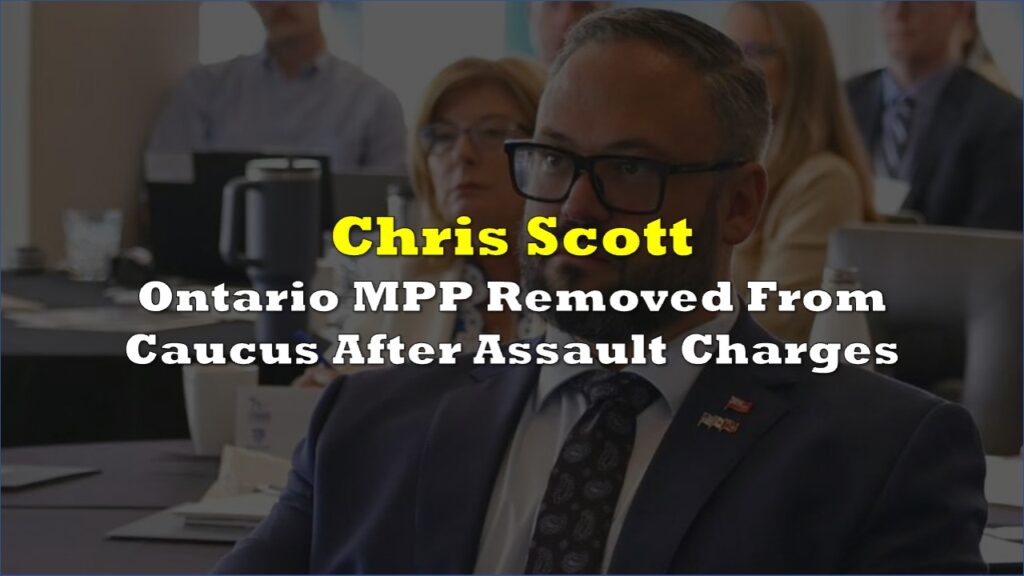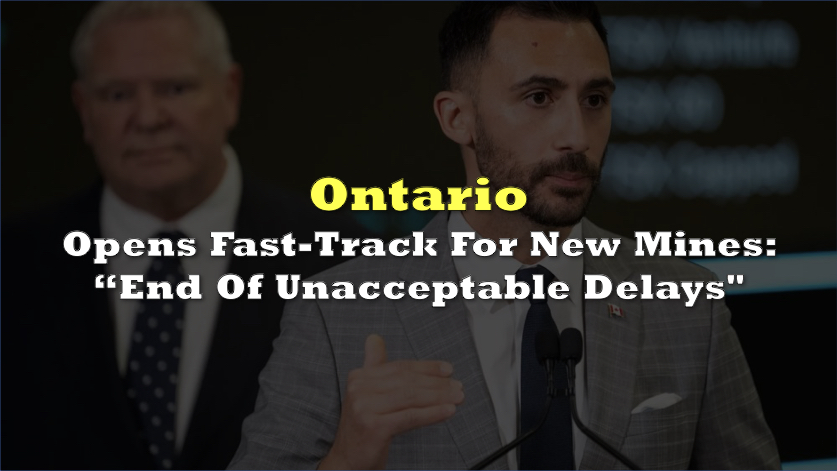Executive salaries jumped sharply at organizations receiving millions from Ontario’s Skills Development Fund, raising questions about whether taxpayer money intended for worker training is effectively subsidizing private sector wage increases.
A CTV News investigation found executive pay increased substantially at multiple fund recipients during the same period their government grants surged. At 12490625 Canada Institute, Executive Director Eugenia Andonov’s salary rose 24% — from $100,315 to nearly $125,000 — as the organization’s annual grants jumped from $251,000 in 2022 to $3.5 million in 2024.
Groups receiving millions of dollars from the Skills Development Fund are giving their managers and executives huge pay raises. Taxpayers dollars being funnelled to private sector big whigs for their big raises.
— Noah Jarvis (@noahrjarvis) November 20, 2025
That's why corporate welfare programs like the SDF need to end ASAP pic.twitter.com/1SM9DsmPe8
At Communitech, a Waterloo tech incubator, CEO Christopher Albinson’s compensation climbed from $177,000 to $471,000 between 2021 and 2025 while the organization received approximately $27 million in provincial grants.
Most organizations contacted by CTV News said executive raises came from private revenue, not government funds. But critics argue the distinction is largely meaningless when millions of public dollars are freed up in organizational budgets.
“The average Ontarian isn’t seeing pay bumps like these,” said Noah Jarvis of the Canadian Taxpayers Federation. “The government needs to conduct a full investigation into whether or not the Skills Development Fund money was going towards pay bumps for executives and managers.”
The fund’s program guidelines explicitly prohibit using grant money for “salaries of executives or senior management who do not directly contribute to project delivery.”
Fund administration “not Fair, transparent or accountable”
The salary revelations emerge amid a broader controversy over how Labour Minister David Piccini’s office has distributed the $2.5-billion fund. Auditor General Shelley Spence determined the selection process was “not fair, transparent or accountable.”
Her October report revealed that Piccini’s office approved more than half of projects ranked by civil servants as “poor,” “low,” or “medium,” awarding them approximately $742 million over five funding rounds. Meanwhile, the minister’s office rejected 670 applications that non-political ministry staff ranked “high.”
Adult entertainment club connection
The 12490625 Canada Institute case highlights these concerns. The organization partners with companies owned by Zlatko Starkovski, who recently opened FYE Ultraclub at Toronto’s Exhibition Place. City records show Toronto issued the venue an adult entertainment club license in February 2025.
Both Starkovski and the organization deny that fund money trained performers at the club. However, the organization’s salary disclosures show executive compensation rising in tandem with government grants.
Lobbyists’ role in securing funding
Spence’s audit identified 64 low- and medium-ranked projects that hired lobbyists before receiving funding, noting this “can create an appearance of real or potential preferential treatment.”
An analysis by The Globe and Mail found that organizations securing grants were 60% more likely to employ lobbyists by 2025 than when the program started in 2021. Several used government relations firms with close ties to Premier Doug Ford, including Rubicon Strategy, run by Kory Teneycke, Ford’s longtime campaign director.
The pattern suggests organizations with political connections gained preferential access to grants — money that critics say is freeing up budgets for executive compensation despite program guidelines prohibiting the use of funds for senior management salaries.
Police Investigation Launched
The government referred a forensic audit of Keel Digital Solutions to the Ontario Provincial Police last week after identifying “irregularities” dating to 2023. Three provincial ministries gave the company more than $36.9 million since 2021, despite its low ranking in the Skills Development Fund application process.
Media reports revealed that Piccini attended a Toronto Maple Leafs game with a Keel director before becoming labour minister, and recently traveled to Paris for the wedding of one of the company’s lobbyists. Both the NDP and Liberal parties filed integrity commissioner complaints alleging potential conflicts of interest.
Keel’s Chief Digital Officer Ahad Bandealy said the company “cooperated fully and transparently” with the audit and expressed concern about “misunderstandings” in the investigation. The company maintains it won its initial contract through an open, competitive process in 2020.
Opposition demands resignation
NDP Leader Marit Stiles has called Piccini the “Minister of Favours” and demanded Ford fire him. Liberal MPP John Fraser said if Piccini worked for him, “he wouldn’t be a minister any longer.”
“Once you get those political fingers involved in those decisions, it is a recipe for corruption,” Stiles told reporters at Queen’s Park.
The auditor general noted that similar programs in Alberta, British Columbia, Manitoba and Newfoundland and Labrador do not allow ministers’ offices to make specific funding decisions.
Spence highlighted examples of questionable approvals, including one application for training a single person — the applicant themselves — that ranked low but the minister’s office funded. The minister’s office also approved another low-ranked application that duplicated existing programs.
Ford rejected calls to fire Piccini, arguing that while bureaucrats “do a great job,” they are not “in the field” to assess training projects. The premier called the fund “one of the greatest programs” his government created.
Piccini defended his involvement in selecting recipients, saying elected officials should have final say on government priorities. “When we see the changes in labour market needs and changing realities in every corner of Ontario, it’s important that I and government, who are elected by the people, ultimately have the say in where these are going,” he said at an October news conference.
The minister said he welcomes the auditor’s recommendations but suggested his office has no plans to eliminate ministerial oversight. “We’re never going to apologize for making those investments in those workers,” Piccini said.
A spokesperson for Piccini’s office said the fund has supported more than 1,000 projects and helped over 100,000 people, providing training in sectors including skilled trades, manufacturing, construction and healthcare.
So, are taxpayers funding these raises?
Organizations receiving Skills Development Fund grants insist they kept government money separate from executive compensation. However, accounting experts note that money is fungible — grants covering training costs free up other revenue streams for salary increases and operational expenses.
With no requirement to track how freed-up funds are spent, critics say there is no mechanism to ensure public money isn’t indirectly subsidizing private sector wages. The auditor general’s report did not examine this issue, and the government has not announced plans to investigate whether grants are enabling executive pay raises at recipient organizations.
Jarvis called the fund “corporate welfare” and argued taxpayers deserve transparency about where their money ultimately ends up.
Information for this story was found via the sources and companies mentioned. The author has no securities or affiliations related to the organizations discussed. Not a recommendation to buy or sell. Always do additional research and consult a professional before purchasing a security. The author holds no licenses.

